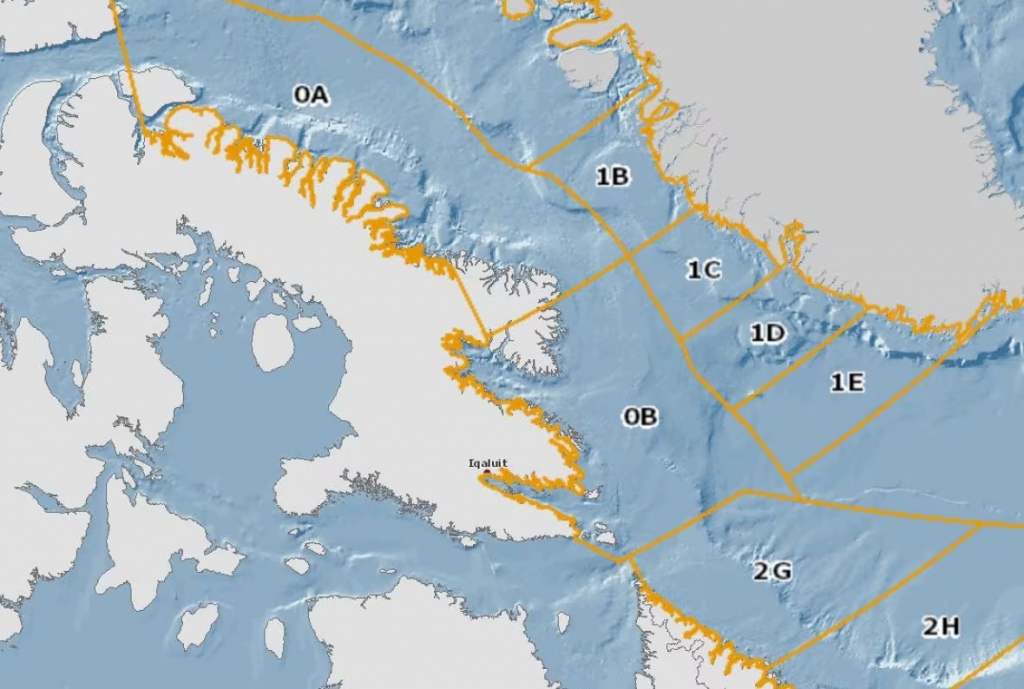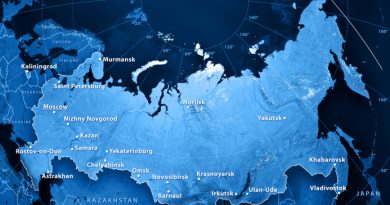Federal Court in Iqaluit to hear lawsuit over fishing license decision

· CBC News
The Federal Court is in Iqaluit this week hear a lawsuit launched by Nunavut Tunngavik Inc. and the Qikiqtani Inuit Association over the federal government’s decision to hand over a sizeable portion of fishing licences off Nunavut’s coast to a coalition of Mi’kmaw First Nations in Atlantic Canada.
The lawsuit, first launched in 2021, is being heard by Justice Paul Favel.
It’s the first time the court has been in the territory since 2009, when it heard an application from the Nunavut Wildlife Management Board that challenged a federal decision to transfer turbot quotas in Arctic waters to companies outside the North.
The current lawsuit asks the federal court to quash a decision by former Minister of Fisheries and Oceans Bernadette Jordan to transfer the licences for Greenland halibut (turbot) and shrimp from seafood company Clearwater Foods to the coalition, after the Mi’kmaw group partnered to buy the company in January 2021.

Clearwater Foods, before its sale in 2021, held a significant portion of turbot and shrimp licences off of Nunavut’s waters.
Nunavut Inuit want the same access that people in Atlantic Canada enjoy when it comes to fisheries, Jeff Langlois, counsel for QIA and NTI, told the court on Monday.
To that end, Inuit want a share of 85 to 90 per cent of the quotas in Nunavut’s adjacent waters, which is comparable to numbers in the Atlantic provinces.
The Nunavut Agreement states the federal government “recognizes the importance of the principles of adjacency” and the importance of fisheries to Nunavut’s economy, and “shall give special consideration to these factors when allocating commercial fishing licences” off its coast.

Langlois argued that in this case, special consideration was not given and there was a “glaring omission” in the minister’s analysis to consider fair distribution of licences.
“There’s not even an attempt to speculate about what a fair distribution could look like,” Langlois said.
Langlois also said the minister “failed to grapple” with how the distribution of licences might affect Nunavut Inuit and she “did not take steps to engage with QIA” on the matter.
“This is the moment for the court to step back from its position of forbearance and move into a position of a reviewing court,” he said.
“These issues are complex to resolve, but the court has to hold the minister to account for its inability to address the concerns of Inuit and concerns of the court,” he added.
Inuit associations want decision deemed “unreasonable”
In addition to an order quashing the decision, NTI and QIA also want a declaration that the decision was unreasonable.
“A judgment allowing the minister to yet again engage in that cursory analysis brings the promise of this treaty into disrepute, undermines reconciliation both in this specific case and generally,” Langlois said.
He also noted that Nunavut lags far behind other jurisdictions in terms of access to fishing licences.
The lawsuit says both NTI and QIA raised the issue with Jordan in several letters and meetings, but nothing was done.
Lawyers for NTI and QIA finished submissions on Monday.
The case will continue in Iqaluit on Tuesday with submissions from the Government of Canada.
Related stories from around the North:
Finland: Finnish Sámi activists win fishing rights case, Yle News



